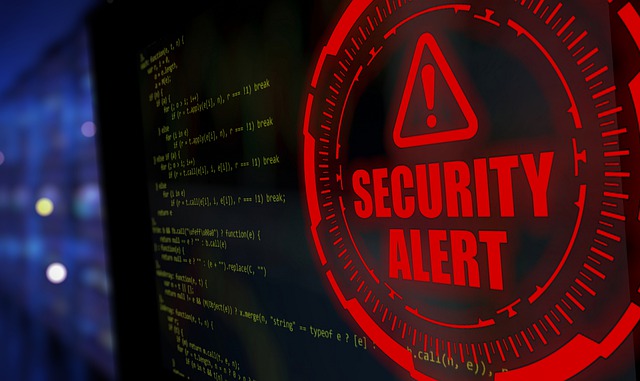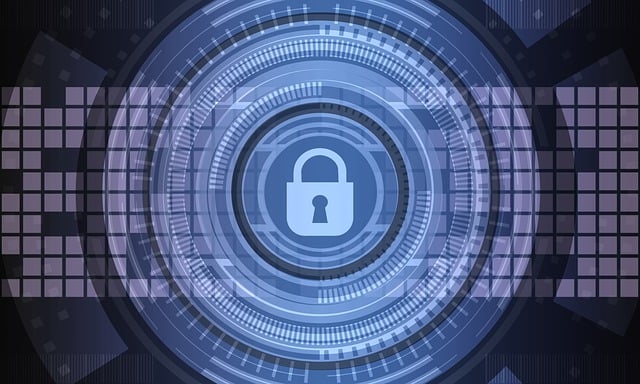Let’s clear something up, there’s no organisation or industry in the world that doesn’t appeal to cyber criminals. But why is that? Well, where there’s data, there’s opportunity, and organisations hold a lot of data. That’s why they’re an attractive target for cybercriminals, and too often, their cyber defences are easy to penetrate.
From media and telecom companies to manufacturing firms, no industry is safe. In fact, over the last year (2022-2023), IBM noted around 95% of studied organisations were a victim of one or more cyber breaches. What’s more around half of those organisations continue to put themselves at risk by failing to increase their cybersecurity measures.
So, what if there was a solution that supported your organisation when a breach occurred? According to cybersecurity services provider, and creator of secure+, ramsac, it could be as simple as employing a cybersecurity monitoring service, just like you would an employee. It’s time to consider that proactive cybersecurity measures are just as essential as your payroll or HR department, and just as vital as your paid specialists. Without it, your organisation could see tough times ahead.
What is cybersecurity monitoring?
Designed to detect a breach the moment it happens, cybersecurity monitoring services offer a proactive response and resolution when a cyberattack occurs. Approximately 90% of all cyber-attacks are caused due to human error or simple mistakes. With the chances of human error being so high and the consequences costly beyond belief, securing your operations and systems before a cyberattack occurs should be the top priority.
Why is it important for organisations?
Cybersecurity monitoring is an essential part of any organisation. It’s just like your HR and payroll departments; without them in place, it can affect a whole number of factors. Morale, productivity and employee trust can easily spike in the wrong direction. However, with them in place, it not only offers stability for your workforce but also ensures you remain compliant.
Consider the essential employees your organisation has that you can’t function without. In your organisation, it could be valuable content writers who know your client’s needs thoroughly or a data analyst who is fundamental to keeping your organisation on track. Without them, you may struggle to meet client requirements and expectations, or you could fail at achieving your business objectives. Without fundamental employees, it could be detrimental to your organisation’s success.
So, why should your business be without cybersecurity monitoring? As an “employee” or an essential element of your company, it carries a lot of weight. Without it, you could experience downtime that eats into your profits, affects your employees’ ability to serve customers and damages your overall brand health. However, with it in place, you’ll be able to mitigate some of these hurdles, ensuring a secure remote backup is available so there’s minimal downtime and your customer data remains intact. You’ll also show initiative by actively monitoring potential weak points and taking immediate action before things escalate.
What about good anti-virus software?
Anti-virus software is not cybersecurity monitoring but it should still be a staple for any organisation, or any computer. Yet only 58% of Brits actually use it. As a security programme, it’s designed to detect, prevent, search and remove viruses from all devices, including networks. Organisations without any form of cybersecurity in place are sitting ducks for potential attacks.
Many might ask what the need for a cybersecurity monitoring service is when you have good anti-virus software in place. Monitoring offers organisations even more autonomy and will normally mitigate a potential cyberattack. A good monitoring service uses Machine Learning and AI to flag unlikely or impossible digital scenarios Essentially, it gives companies options and peace of mind, ensuring minimal disruption for customers, service users and employees, whilst guaranteeing business operations can remain functional.
As a 24/7, 365 service, cybersecurity monitoring is completely tailored to your organisation’s needs, priorities and sensitivities. Unlike anti-virus software, that proactively monitors your devices, but doesn’t understand the complexities your company faces, a managed cybersecurity monitoring service fills that gap. That doesn’t mean to say you should drop your anti-virus software, because doing so could make you incredibly vulnerable. Instead, the two are designed to work in harmony. When partnered alongside a cybersecurity monitoring service, they create the ultimate power couple.
What are the benefits of cybersecurity monitoring for your organisation?
- Consistency of service for your customers
Whilst there are official channels and processes your organisation must follow when a cyber-attack occurs, you’ll want to ensure your customers still receive the service they expect. It’s also important that you can confidently reassure them about the situation.
Offers preparedness around cyber-attacks
The first indication of a cyber breach is often after it’s too late. With a proactive service by your side, organisations can rest assured that potential breaches are being monitored around the clock with intervention in place to reduce the threat.
- Adapts to evolving cyber-threats
With AI embedded in almost everything, it’s no surprise that scammers are utilising this tool too. Cybercriminals are able to simulate more realistic requests through AI, such as an email requiring bank details or a requirement to meet with the CEO. As technology and software changes, cybercrime will evolve. Fortunately, a cybersecurity monitoring service is a step ahead here. As well as monitoring for active threats, it can measure potential threats and understand how cybercrime is evolving. Now, your organisation can stay ahead too.
So, are you going to remain vulnerable?
With cybersecurity monitoring services now an option for organisations, it’s the right time to employ them as part of your workforce. Just as you would with vital business functions, it’s time to protect your organisation’ online presence.





 How to7 years ago
How to7 years ago


 More4 years ago
More4 years ago


 More6 years ago
More6 years ago


 Interview4 years ago
Interview4 years ago


 Other Internet Tech6 years ago
Other Internet Tech6 years ago


 More6 years ago
More6 years ago


 Business Ideas6 years ago
Business Ideas6 years ago






